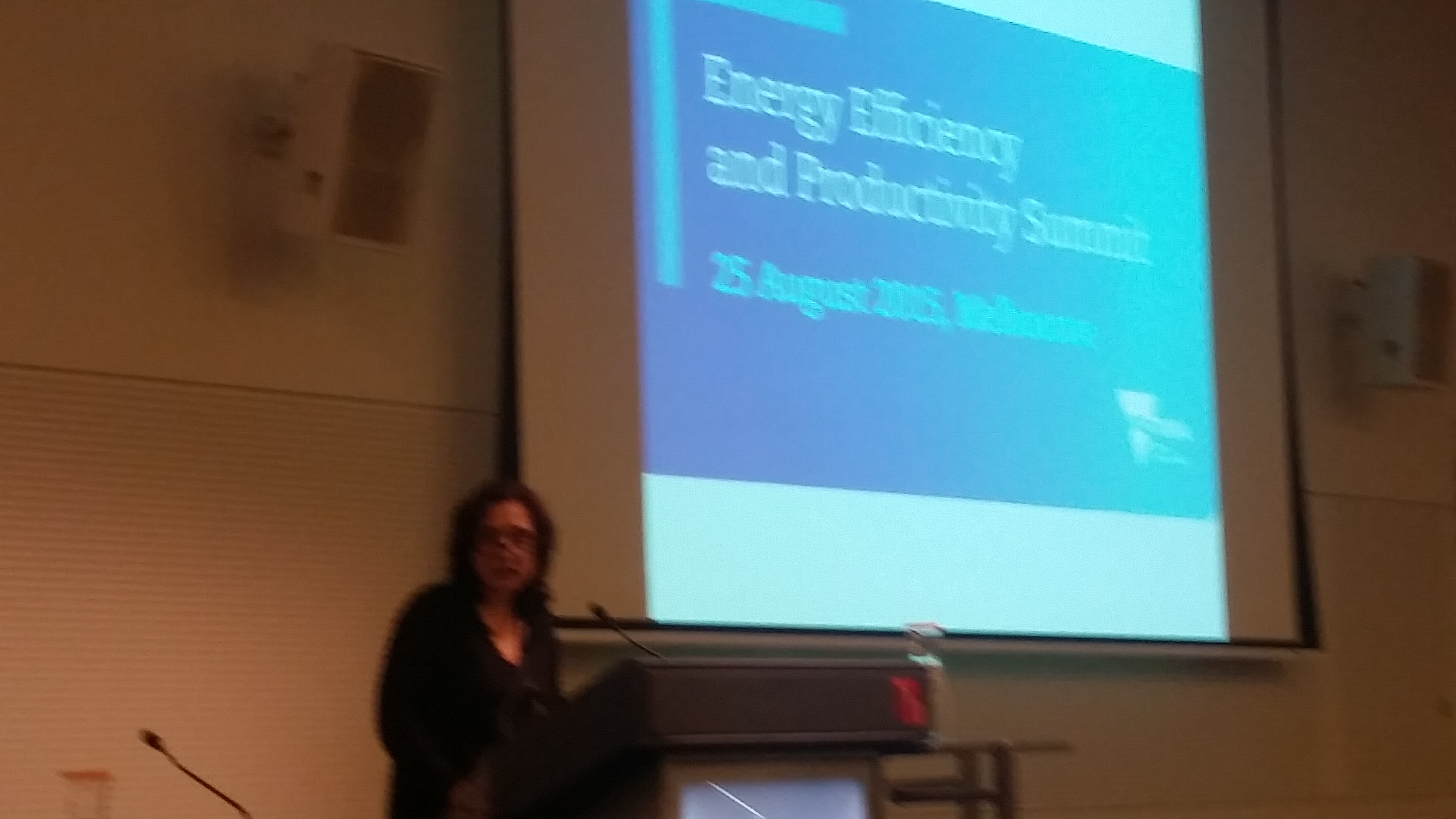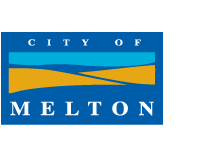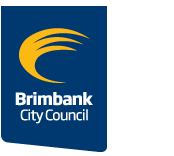On 25 August, the Victorian Government held an Energy Efficiency and Productivity Summit, hosted by the Minister for Energy, Hon. Lily D’Ambrosio MP, and the Department of Economic Development, Jobs Transport and Resources. It was an effective way to update and consult with relevant stakeholders, and the Government is to be congratulated for it.
The Minister spoke about the Government’s energy-related initiatives before handing on to presenters who shared their experience with energy efficiency projects in a wide range of sectors. The afternoon was taken up with a workshop designed to progress ideas that might feed into the Government’s Energy Efficiency and Productivity Strategy. The quality of the speakers, the facilitation and – not least – the expertise of the well-selected participants made this a productive and engaging event. We hope that it becomes an annual one.
Some highlights follow:
- The Minister announced that the Victorian Energy Efficiency Target will be extended to five years with an increase in the target for energy savings and emissions reductions by 20 per cent.
- Keith Canfield from the Clinton Climate Initiative (CCI) in the United States outlined the CCI’s Home Energy Affordability Loans (HEAL) program in his key note speech. This program involves businesses directly helping their employees to retrofit their homes, saving costs and energy. It’s a possibility that’s certainly worth investigating in Victoria.
- Stella Avramopoulos , CEO of Kildonan UnitingCare, spoke about Care Ring, a service that brings together corporates, community and government to provide people in financial difficulties with advice on energy efficiency in the context of other social and financial services. The service includes no-interest loans for new appliances.
- Bruce Precious from GPT Group spoke of the savings achieved through energy efficiency in GPT’s property assets. These include 35% reduction in energy intensity in the last ten years, and cost savings of $23 million. GPT has identified that 38% more energy efficiency is achievable in the portfolio.
- In the afternoon ‘Open Space’ workshop, among many useful ideas sessions, regional greenhouse alliances, including WAGA, variously coordinated discussions on proposals for low income energy efficiency, support for Environmental Upgrade Agreements (EUAs), a residential ‘solar rates’ program, the Urban Sustainability Atlas and access to energy data, a guide to finance for renewables and energy efficiency, and a local climate action plan. These proposals are directly aligned with initiatives recommended in Low Carbon West, the regional strategy for western Melbourne. The proposals were refined with contributions not only from Victorian experts but also key representatives from similar and relevant programs in other states and the federal government.
We can now look forward to the Department of Economic Development’s own thorough wrap-up of the Summit, including their notes and assessments of the ideas sessions. Of vital interest is how all this information will be taken up in the draft Energy Efficiency and Productivity Strategy, due to be released by the end of 2015.
(Posted by the Western Alliance for Greenhouse Action)








